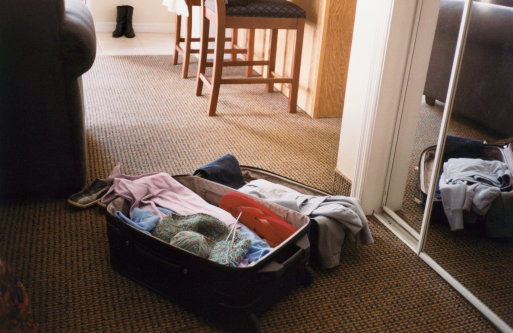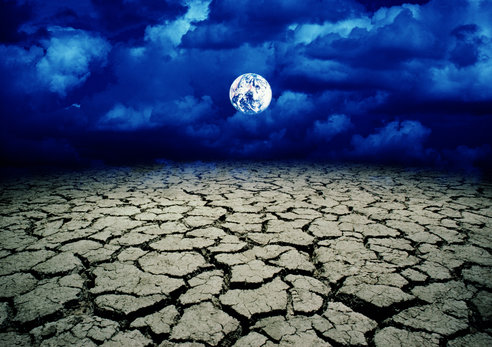Tafseer of Surah Duhaa
Note: this is our 12th post in our series on Tafseer of Juz ‘Amma.

Insha’Allah in this post, we’re going to discuss three points:
- The close relationship between Allah and His prophet
- A glimpse of Paradise
- A core theme of social services in Islam
The Prophet (salallahu alayhi wa sallam) received revelation prior to Surah Duhaa. Then for a while, nothing. Umm Jameelah, the wife of Abu Lahab, came to him and said: “I hope your shaytaan has finally left you.” Because the Arabs used to say, if someone was really good at something, that they had a shaytaan helping them. (No doubt like some of the musicians today.)
Still nothing came. The people began to talk … and they said, maybe his Lord has left him. Maybe He has abandoned him.
And so Allah revealed:
In Surah Duhaa, Allah says:
وَالضُّحَى
وَاللَّيْلِ إِذَا سَجَى
مَا وَدَّعَكَ رَبُّكَ وَمَا قَلَى
Translation: By duhaa (the morning brightness after Fajr), and [by] the night when it covers with darkness, your Lord has not taken leave of you, [O Muúammad], nor has He detested [you].
[This hadith is found in Bukhari and Muslim, and is quoted in Tafseer ibn Katheer]
This shows us two things: first, that the people knew when revelation came; that it was a big deal, and everybody knew about it. And second, the immense love of Allah for His prophet. How close their relationship–that even something as small as this stress, Allah revealed verses on behalf of the prophet, to reassure him. Subhanallah!
What’s more, Allah swears by duhaa–by the brightness of the day right after the sun has come up–and by the night, as it covers up the day with darkness. (This shows the greatness of these creations–that Allah swears by them. Who would deny these things? Nobody!)



